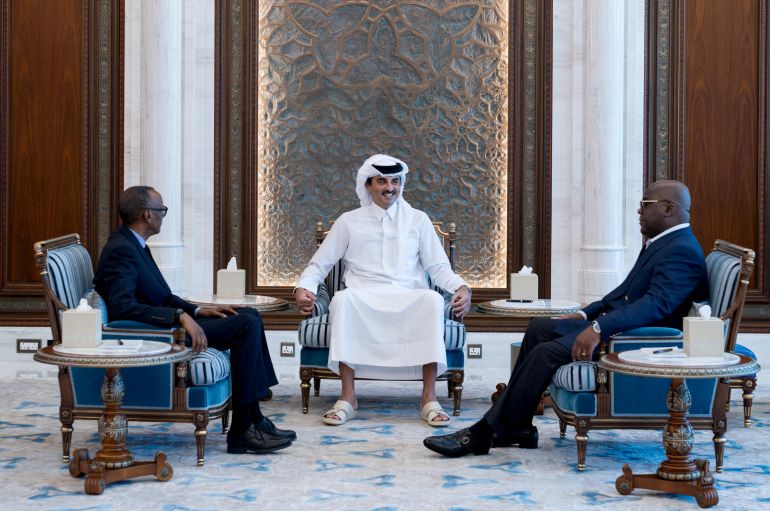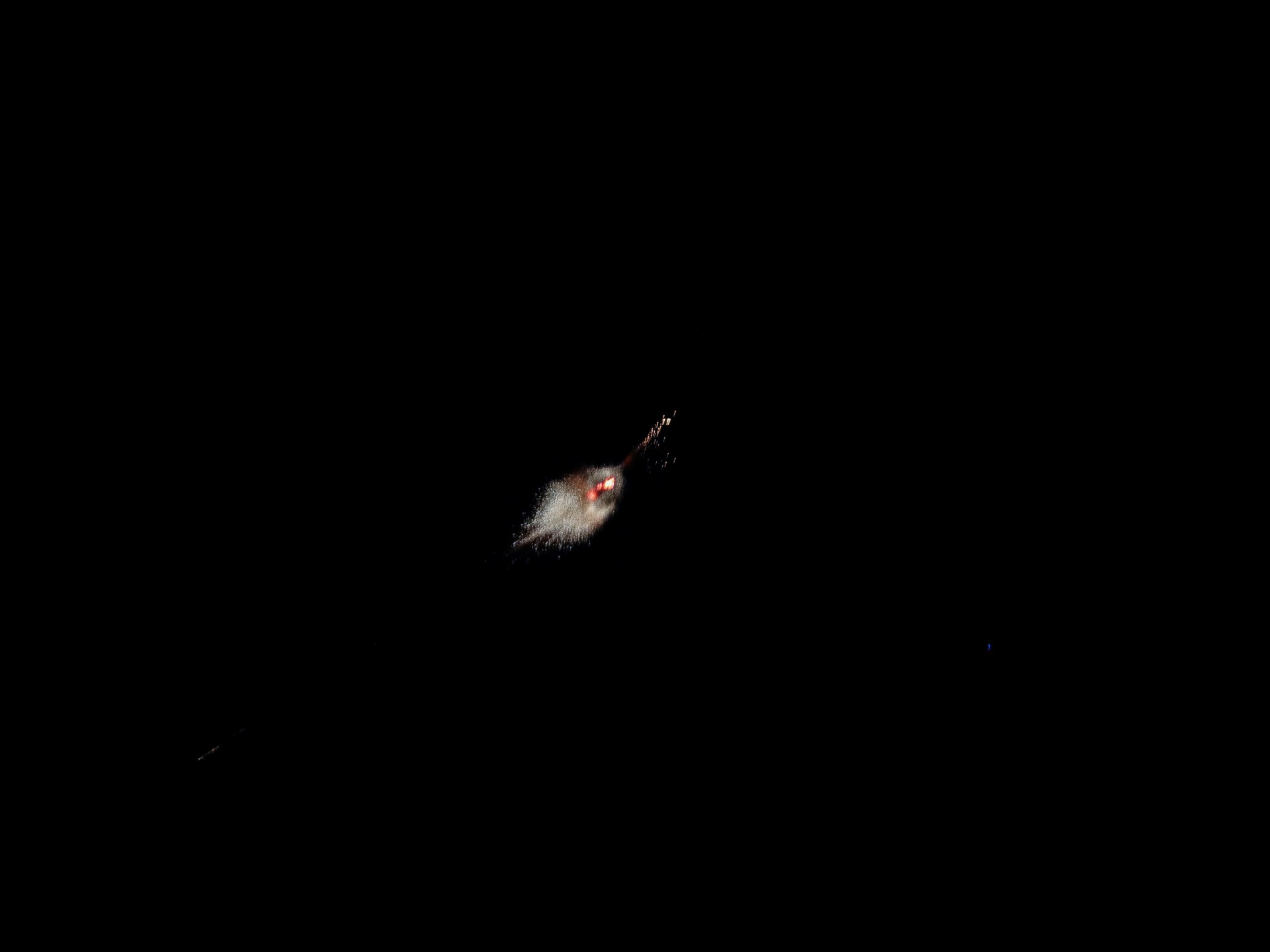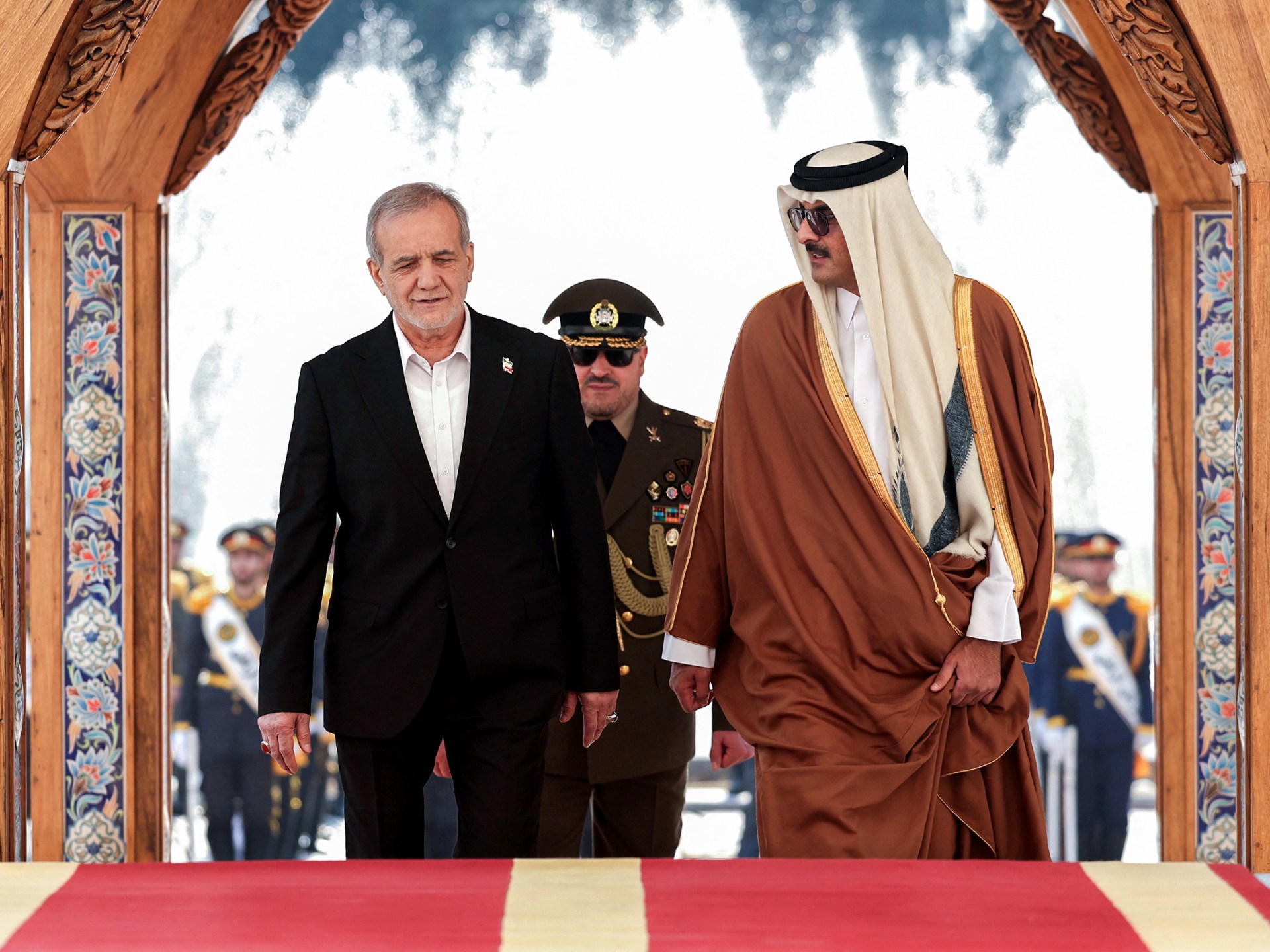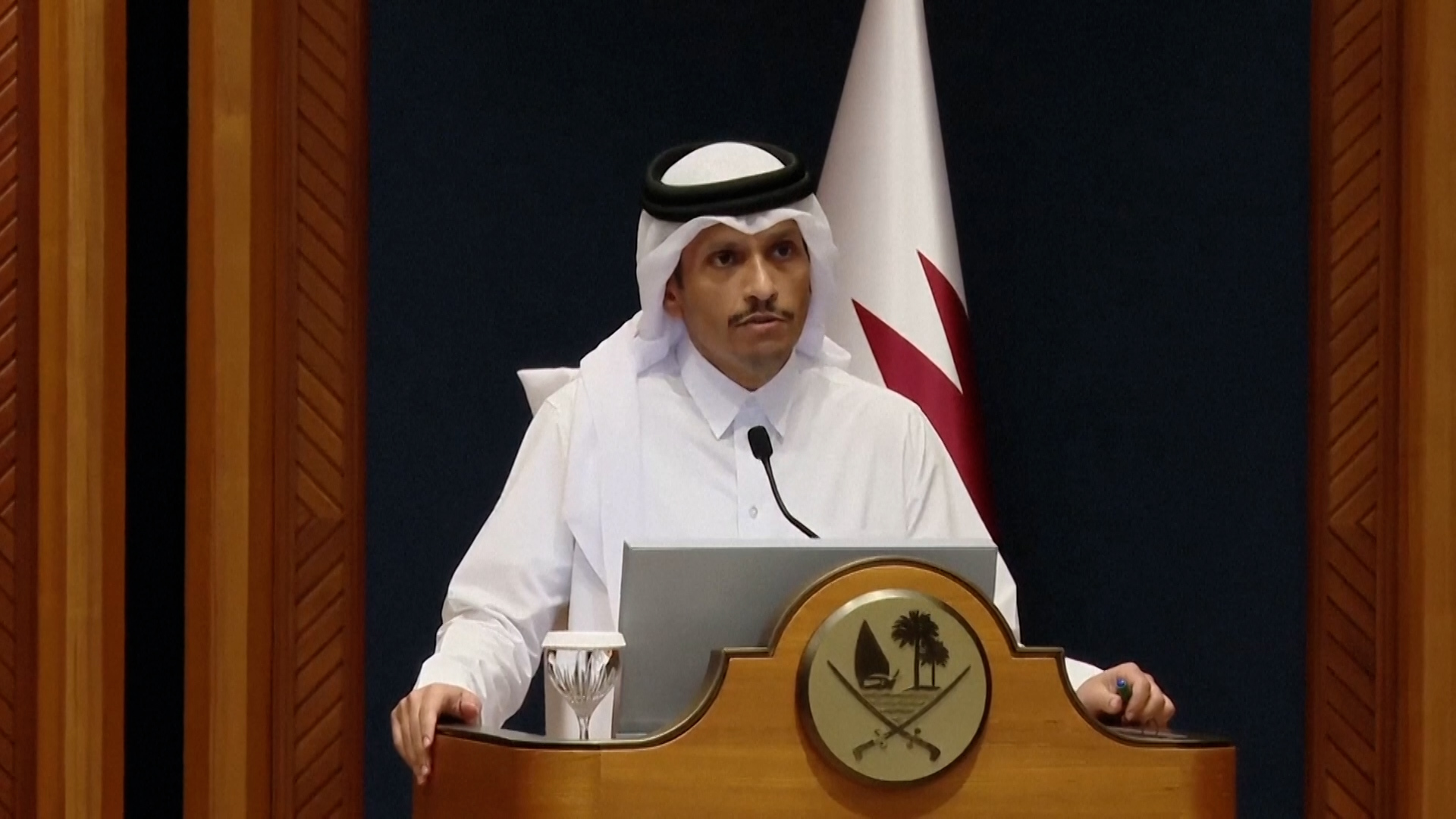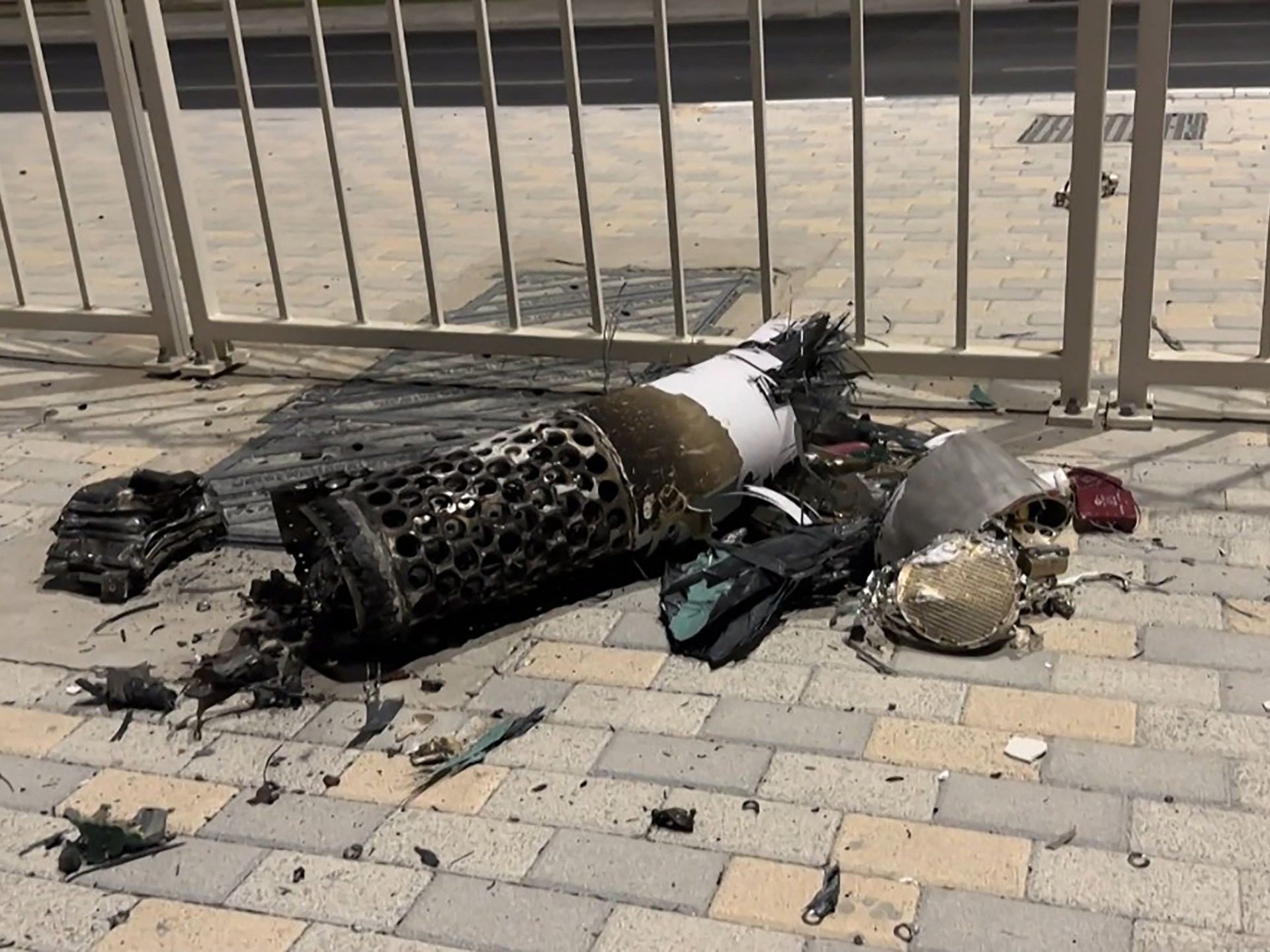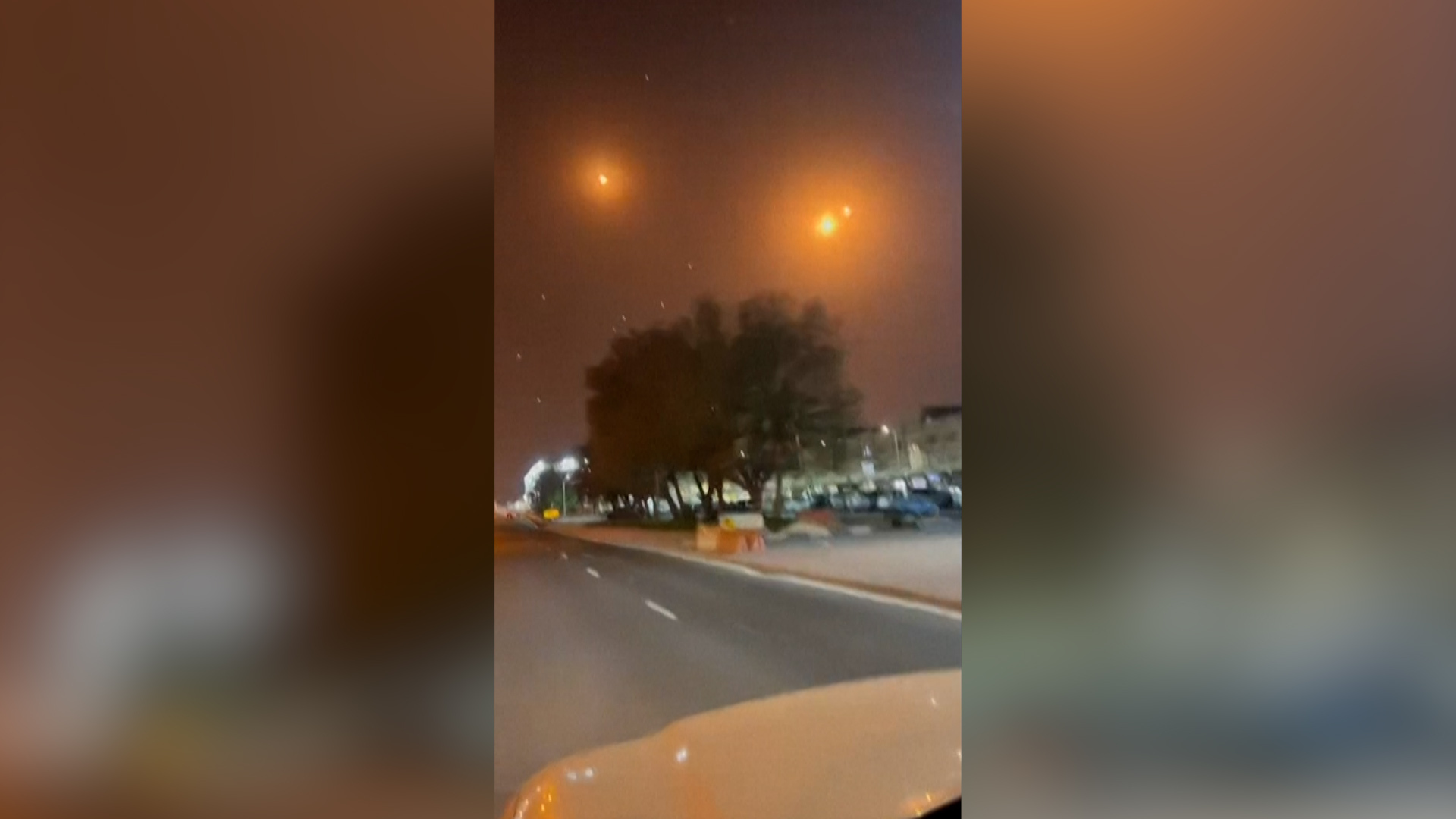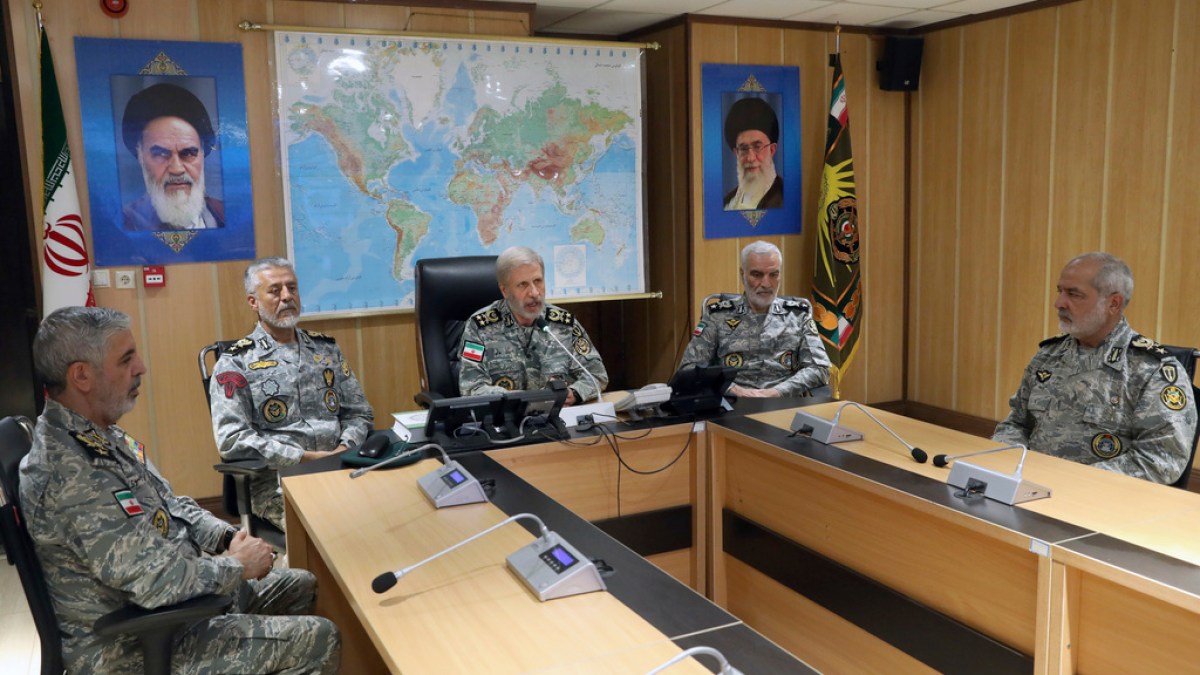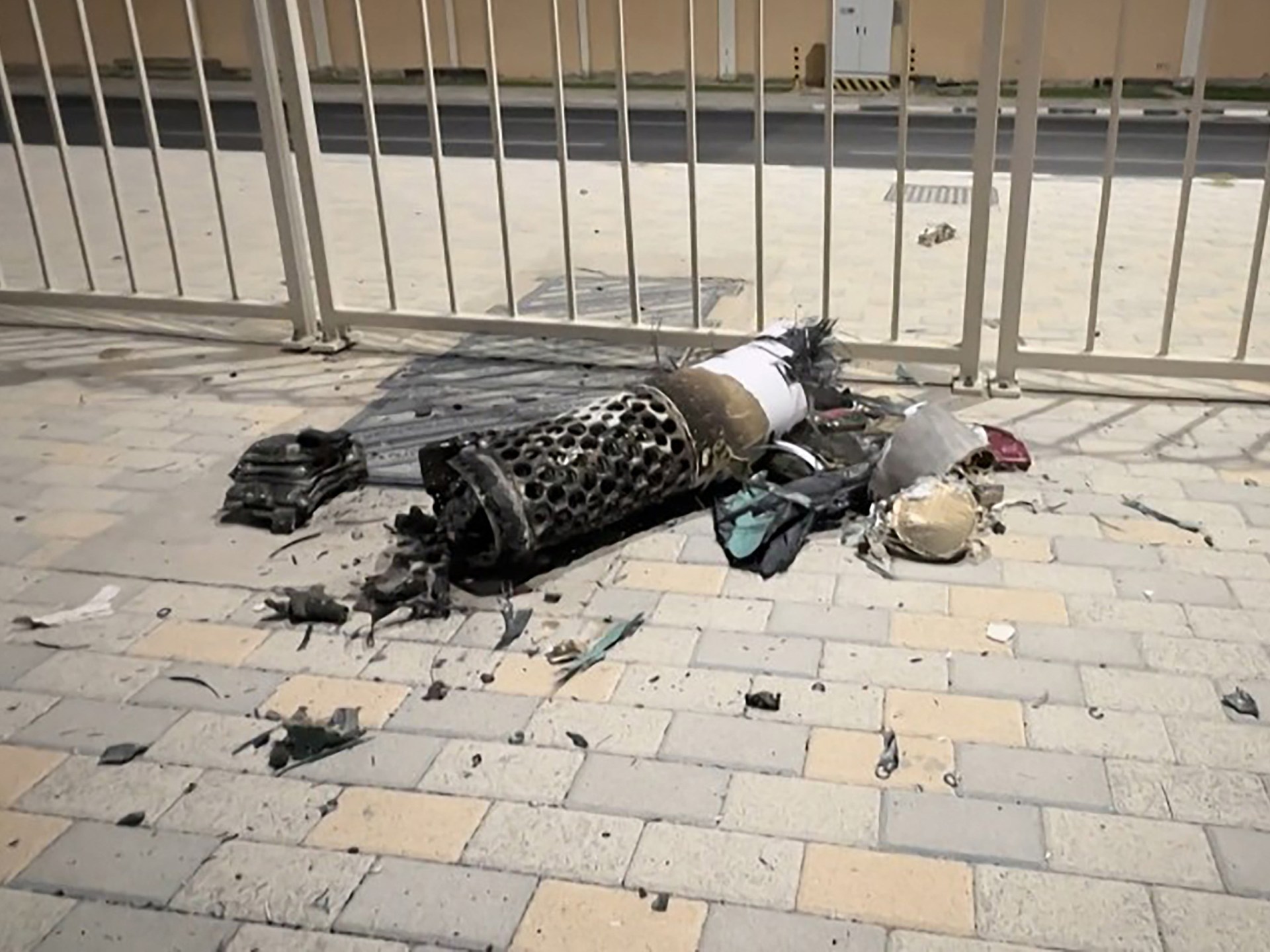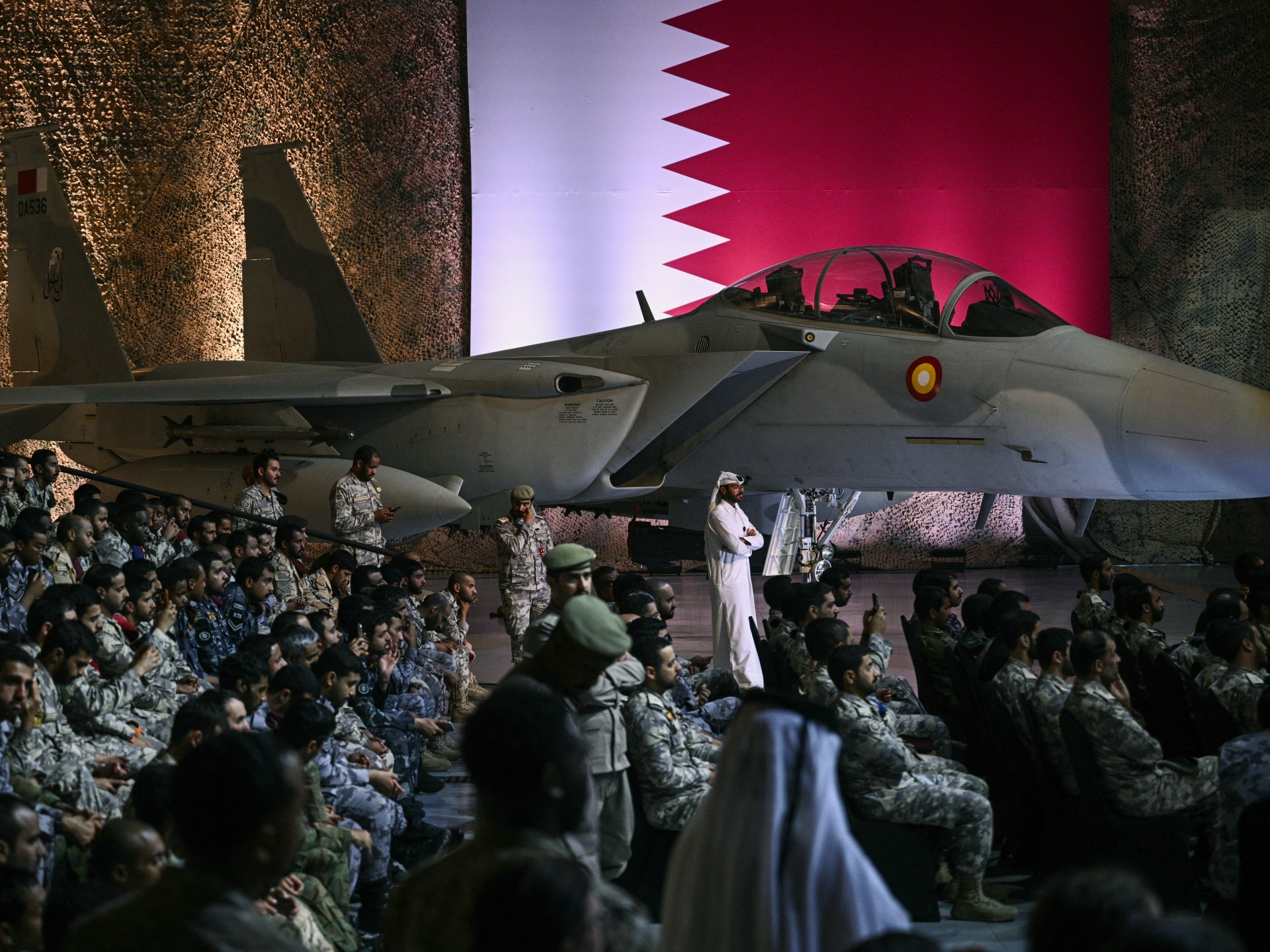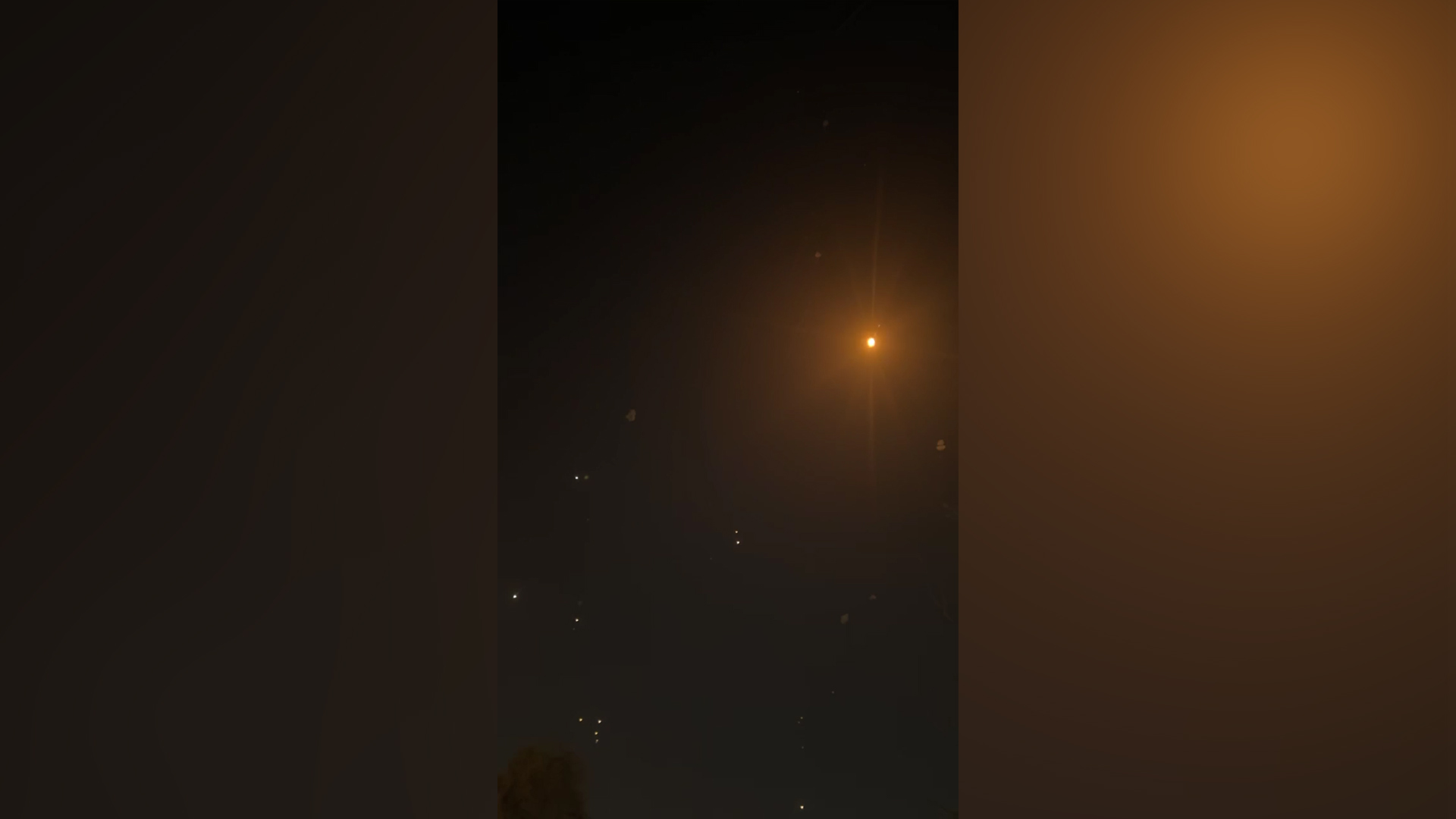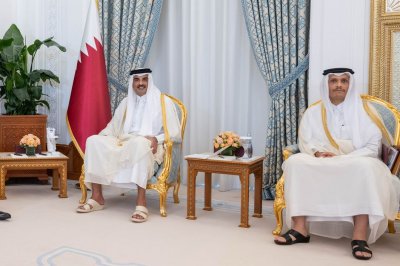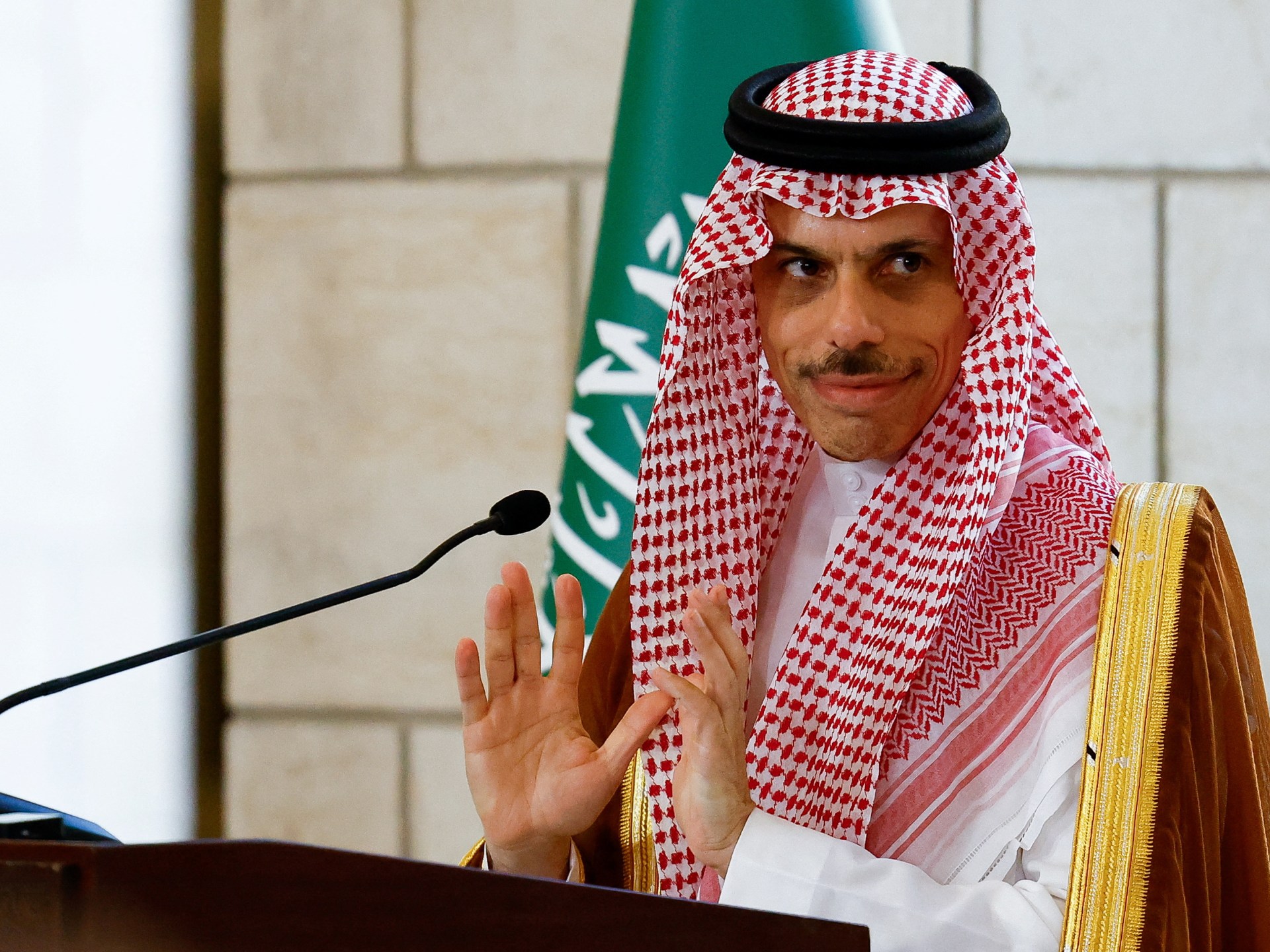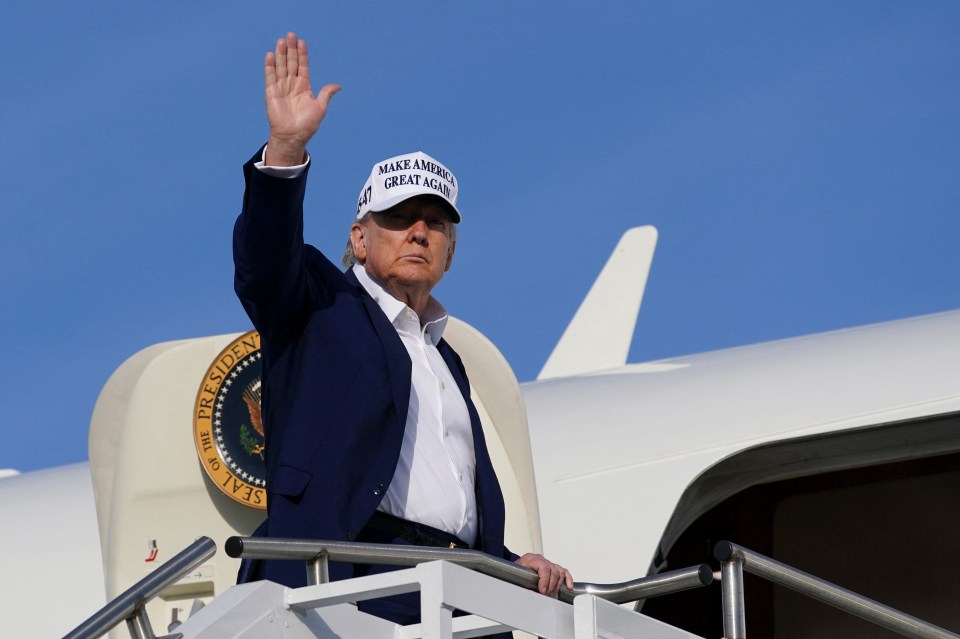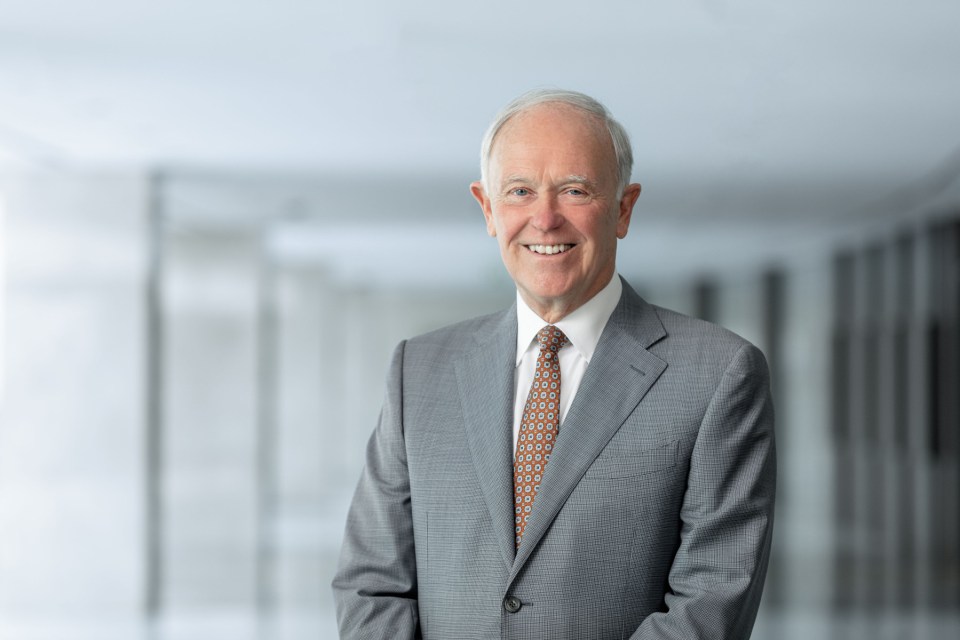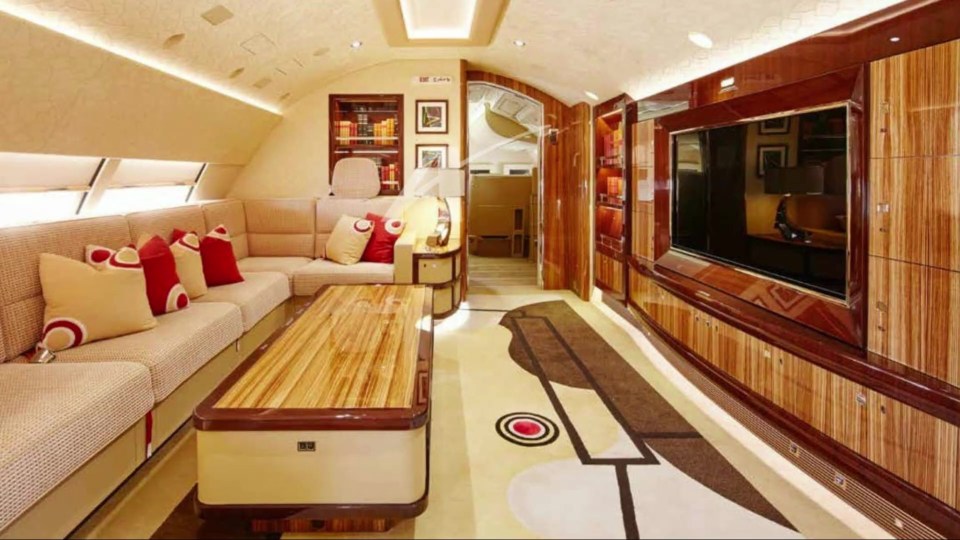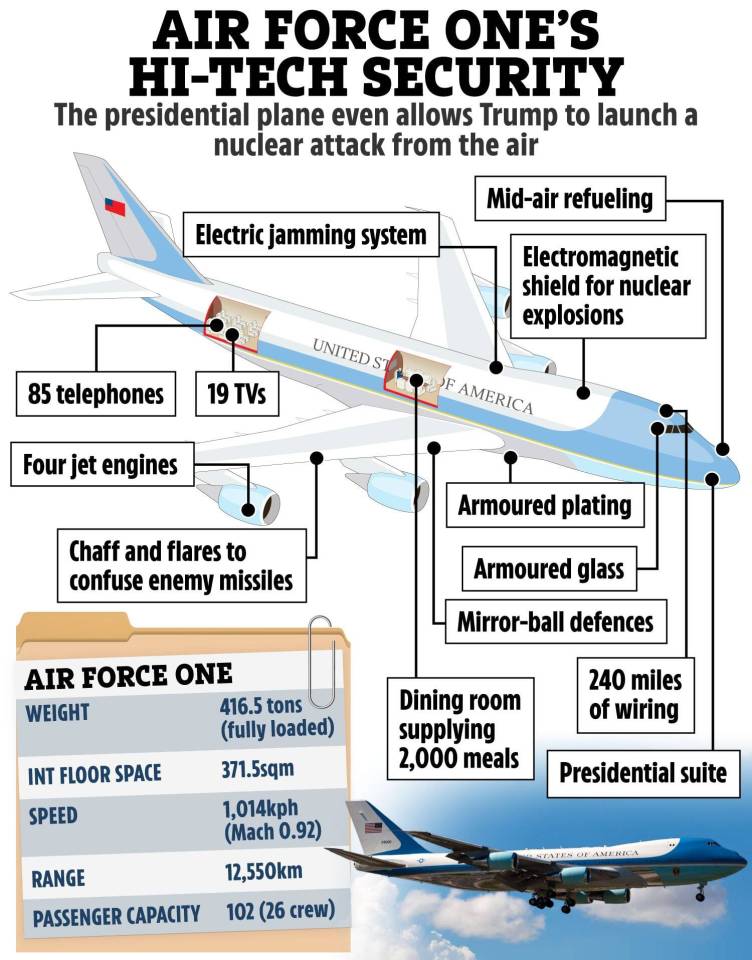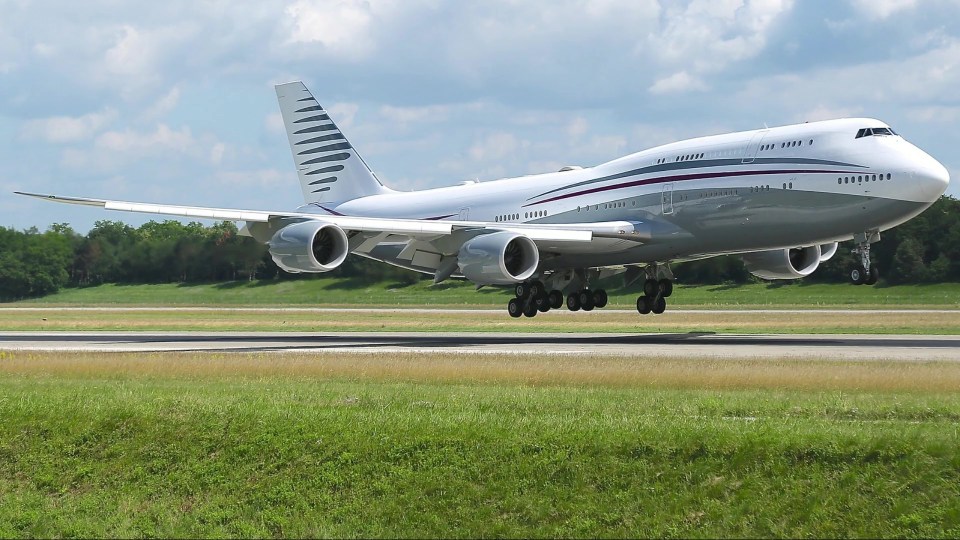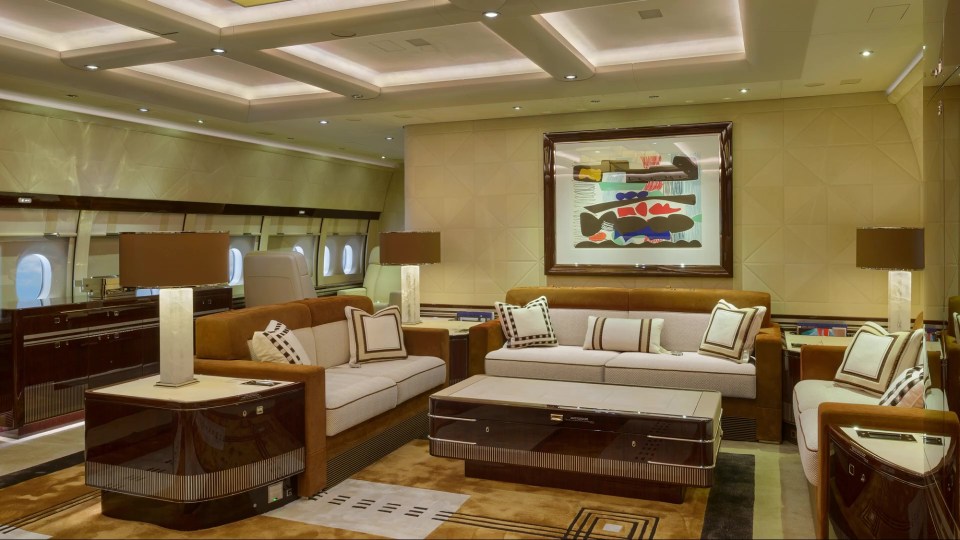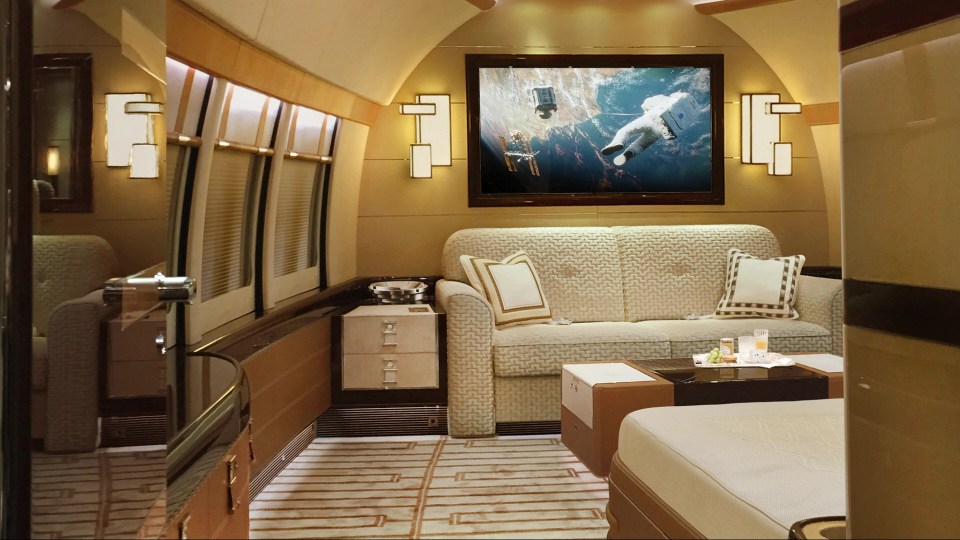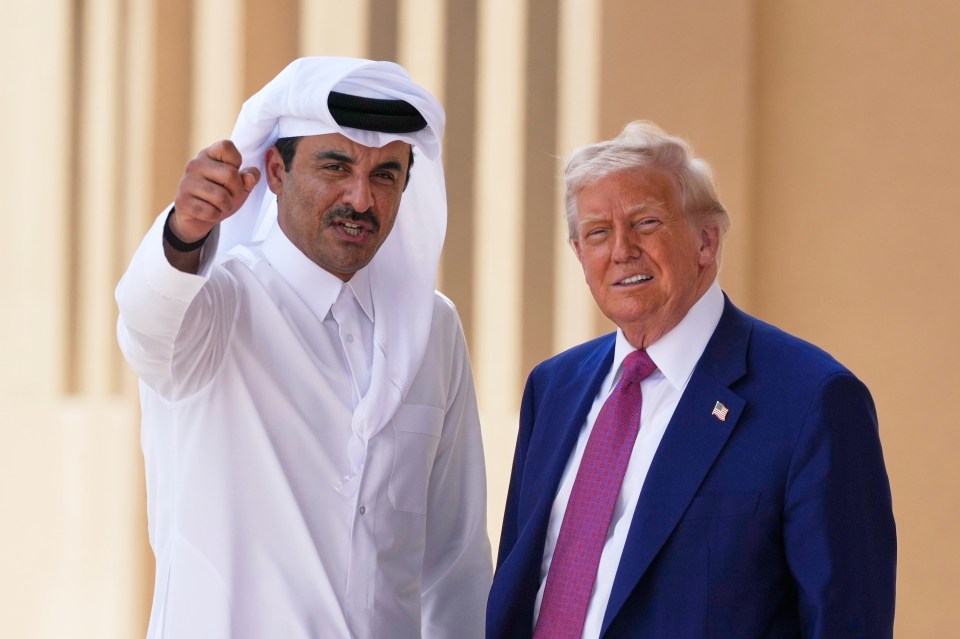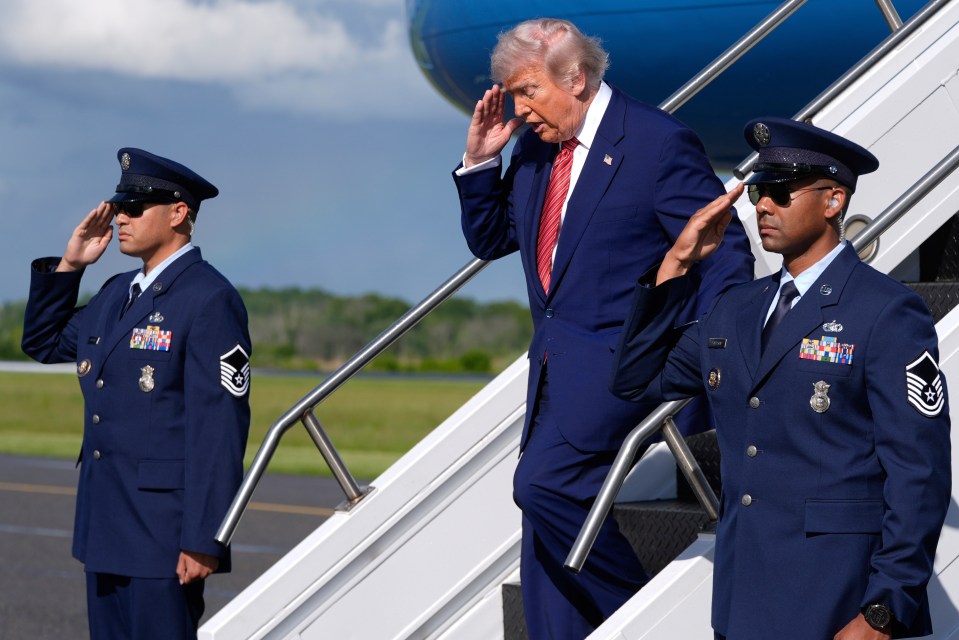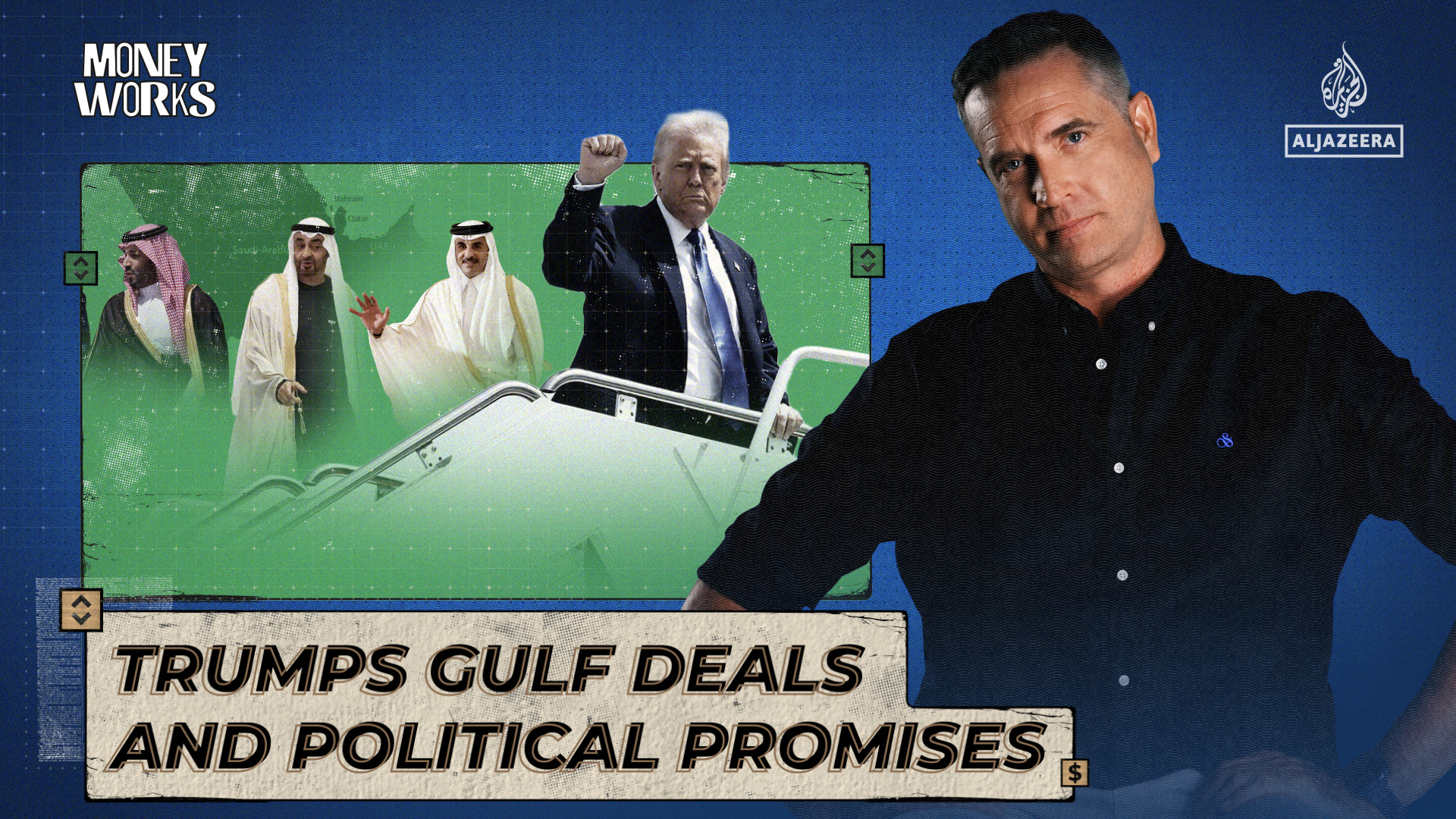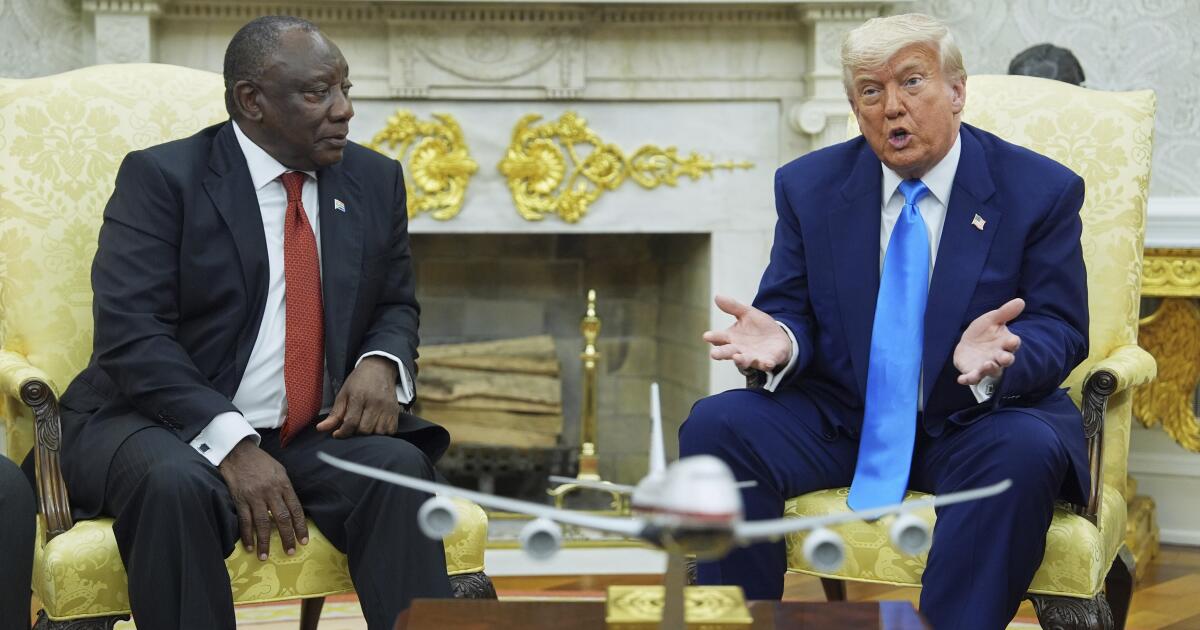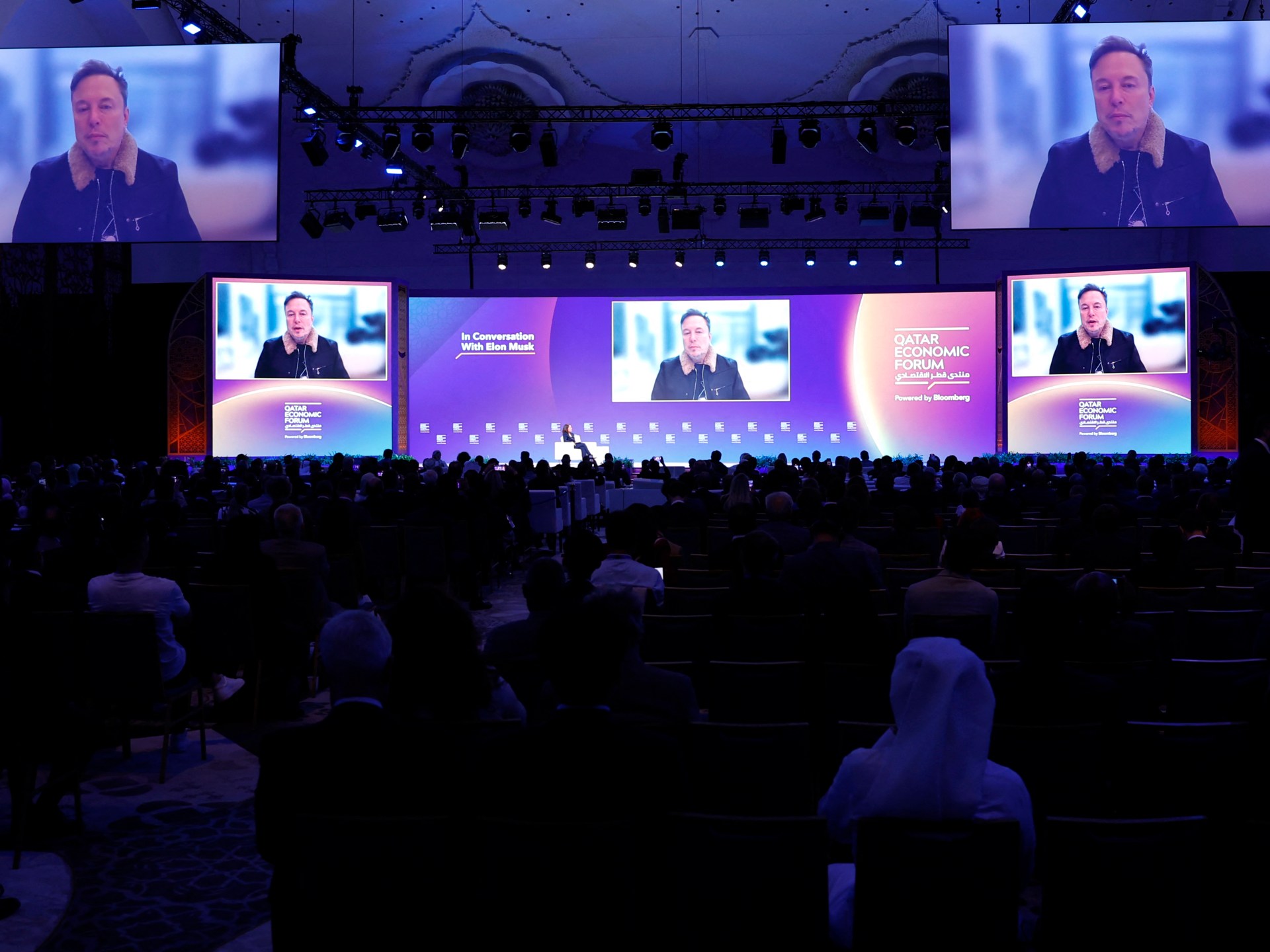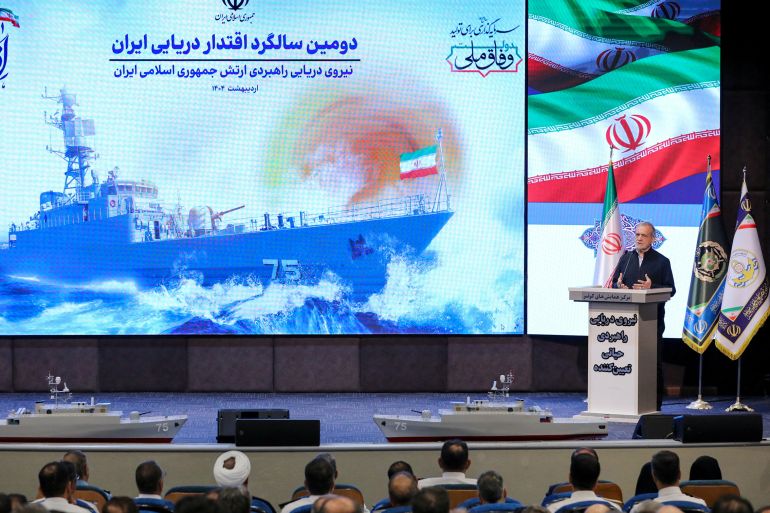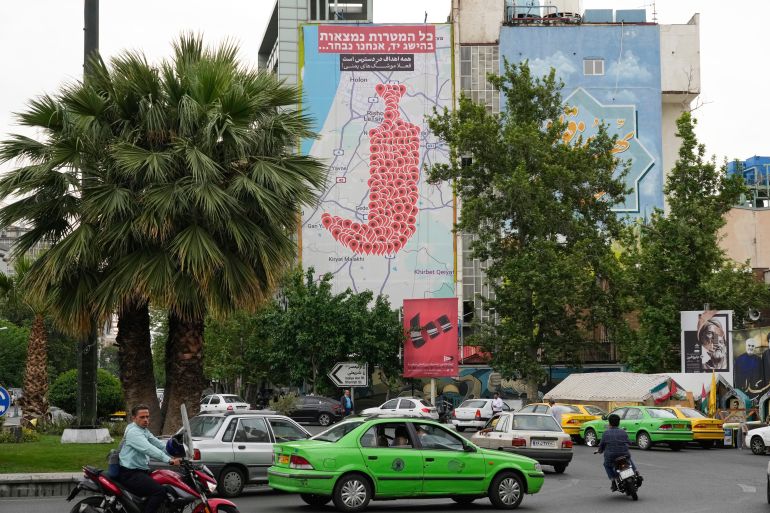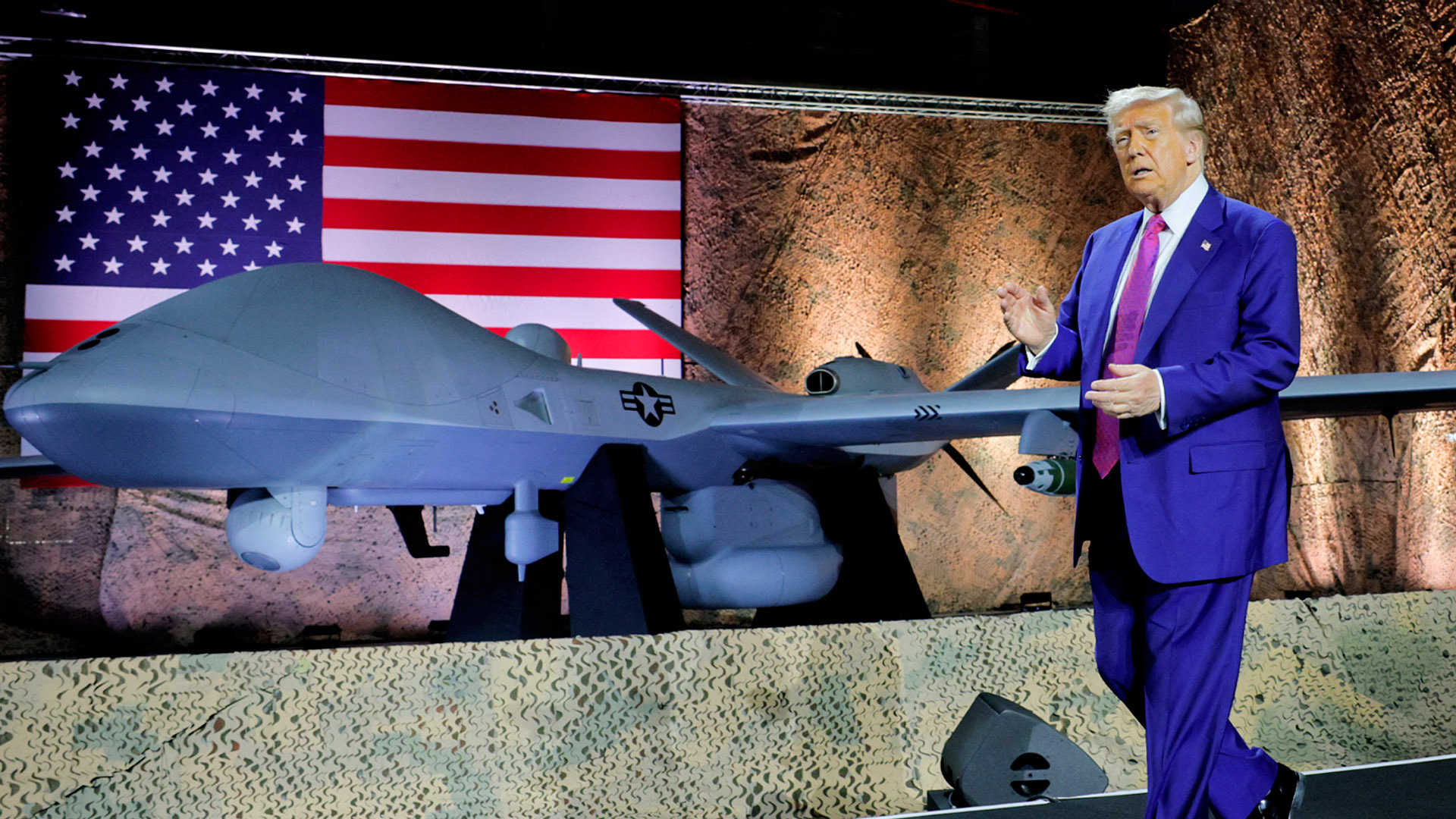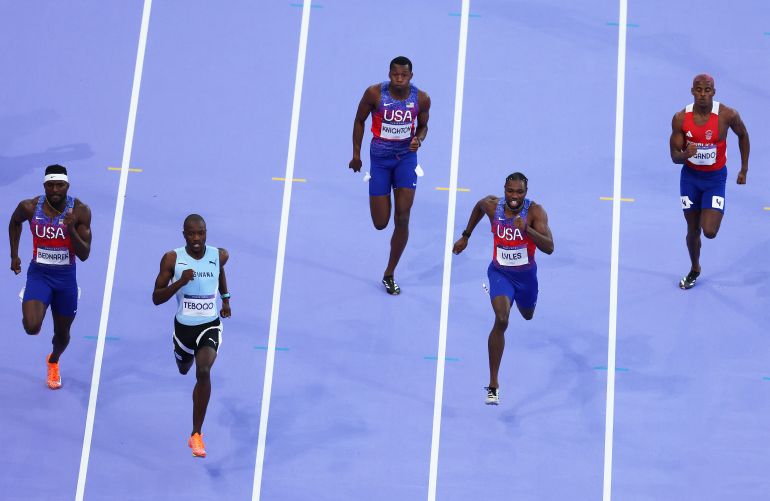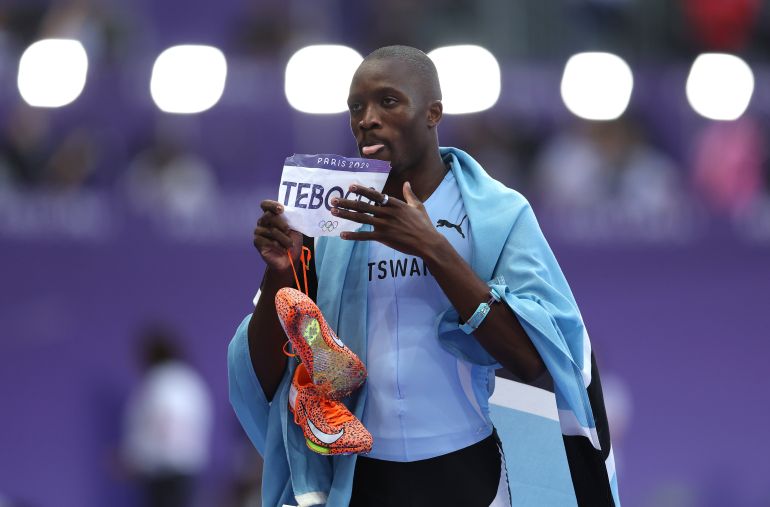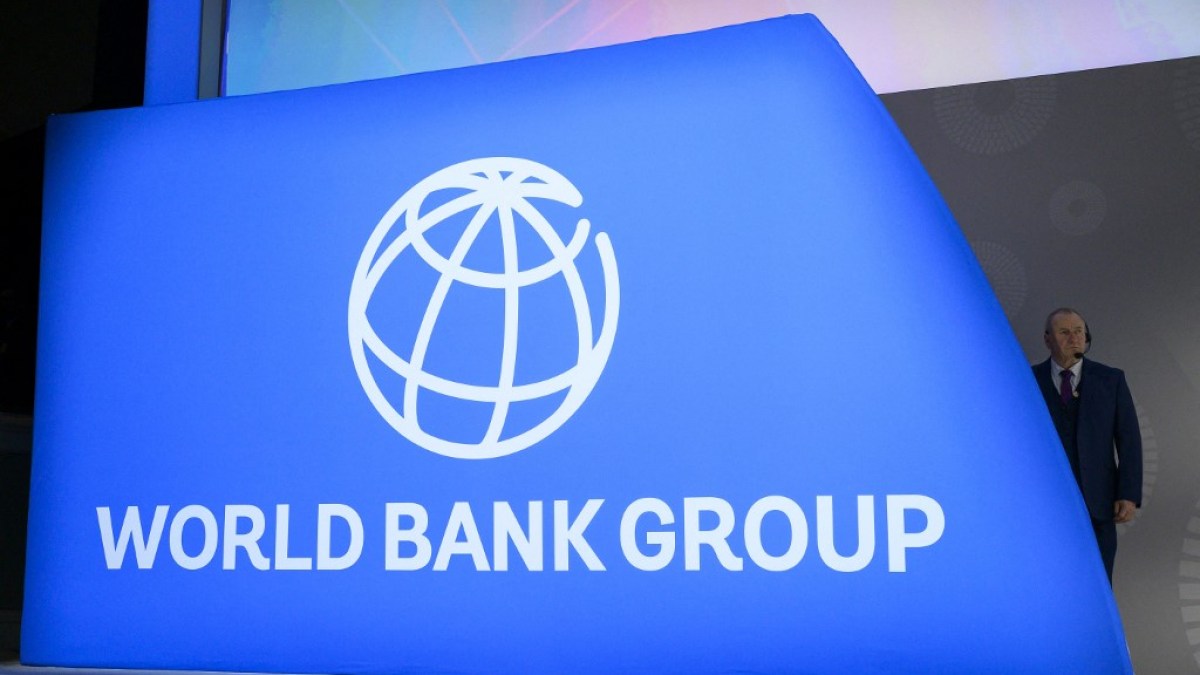When US President Donald Trump entered the war between Israel and Iran late on Saturday night, the region was braced for escalation.
The US dropped 17 Massive Ordnance Penetrator bombs and two dozen cruise missiles on Iran’s nuclear facilities at Natanz, Fordow and Esfahan, assisting Israel, which had already been trading missile fire with Tehran since July 13.
Iran’s response soon came. On Monday evening, it launched 14 missiles aimed at the US Air Force’s Central Command in the Middle East, at Al Udeid in Qatar, a neutral country. Those missiles flew over the capital, Doha, spreading alarm.
Yet instead of leading to the “rathole of retaliations” UN Secretary-General Antonio Guterres had warned against, the attack presaged a truce that Trump announced hours later, and that was facilitated by sophisticated diplomacy involving Qatar, the US and Iran.
So, how did a ceasefire emerge from the smoke of an attack?
What options did Iran have?
A military response against a US base was an obvious choice, because the US has exposure in Iran’s neighbourhood.
Apart from Al Udeid airbase, its Fifth Fleet is headquartered in Bahrain. Both are just more than 200km (125 miles) across the Persian Gulf from Iran. There is also an air base in Kuwait and four logistics air bases in Oman. Further afield, the US has three air bases in Saudi Arabia, three air bases in Iraq, and an air base in Jordan.
“The US has 40,000 troops in the region [on] 19 US bases, eight of which are permanent, and Iran has said previously they will become legitimate targets if the US strikes Iran,” said Al Jazeera’s Dorsa Jabbari.
In the past, Iran’s proxies in the region have been Tehran’s “primary Iranian means of retaliating against adversary attacks,” wrote The Institute for the Study of War, a Washington-based think tank, on Friday.
Houthi militias could resume attacks on shipping in the Red Sea, and Iran could itself attack shipping in the Strait of Hormuz – thus menacing two of the world’s most economically important shipping chokepoints simultaneously.
But the proxy attacks never came, demonstrating the limitations of Iran’s so-called “Axis of Resistance”, and “how exhausted it is after months of fighting the United States and Israel”, said the ISW in a comment on its website.
Still, even as the world prepared for Iran to respond to the US attacks, an Iran historian at St Andrews University in the UK, told Al Jazeera on Monday that he thought “an ‘off ramp’ with the United States” was likely.
“There will be a lot of public bluster, but privately, I think feelers will be put out,” he said, before the Iranian strike later that evening.
How did the strike unfold?
At around 7pm local time (16:00 GMT) on Monday, Iran struck Qatar.
Qatar condemned the attack as “an extremely dangerous escalation that represents a flagrant violation of the sovereignty and territorial integrity of the State of Qatar”. It issued a demarche to the Iranian ambassador in Doha.
But the “feelers” Ansari had talked about appear to have been put out beforehand.
“I want to thank Iran for giving us early notice,” wrote Trump on social media, “which made it possible for no lives to be lost, and nobody to be injured.”
The warning also allowed Qatar to prepare its air defences, shooting down 13 of the missiles and allowing one to fly “in a nonthreatening direction”, according to Trump.
Satellite images suggested the US had evacuated staff and aircraft from Al Udeid even before it struck Iran, so targeting it represented a low risk of casualties. Neither the US base at Al Udeid nor the Qatari Air Force suffered few material losses.
“I am pleased to report that NO Americans were harmed, and hardly any damage was done. Most importantly, they’ve gotten it all out of their ‘system’,” wrote Trump three hours after the attack.
A mere two hours later, he announced the ceasefire.
“CONGRATULATIONS TO EVERYONE! It has been fully agreed by and between Israel and Iran that there will be a Complete and Total CEASEFIRE (in approximately 6 hours from now, when Israel and Iran have wound down and completed their in progress, final missions!),” Trump wrote on Truth Social, his social media platform.
Trump later revealed that “Israel & Iran came to me, almost simultaneously, and said, ‘PEACE!’”
Iran’s government was eager to put the war behind it, issuing a statement early on Tuesday saying it had delivered a “humiliating and exemplary response to the enemy’s cruelty”, and framing the ceasefire as a “national decision to impose the cessation of war on the Zionist enemy and its vile supporters”.
How are Qatar’s relations with the US and Iran?
Qatar hosts the largest US airbase in the Middle East and has worked closely with Washington on a series of tricky diplomatic negotiations, involving the Taliban in Afghanistan and Hamas in Gaza, among others.
At the same time, it enjoys warm diplomatic and economic ties with Iran. “The South Pars and North Pars and North Field have been a joint [venture] for a long time – over 25 years,” Doha-based energy expert Roudi Baroudi told Al Jazeera, referring to gas fields that Qatar and Iran share.
The South Pars gas field alone holds almost as much gas as all the other known gas fields on the planet, said Baroudi.
Right after he announced the ceasefire, Trump thanked the emir of Qatar.
“I’d like to thank the Highly Respected Emir of Qatar for all that he has done in seeking Peace for the Region,” he wrote on Truth Social. Meanwhile, Iranian President Masoud Pezeshkian telephoned the Qatari emir on Tuesday to express “regret” over the attack the previous day.
Pezehkian clarified that Qatar and its people were not the target of Iran’s strikes. “[Pezeshkian] stressed that the State of Qatar will remain a neighbouring, Muslim, and sisterly state, and expressed his hope that relations between the two countries will always be based on the principles of respect for the sovereignty of states and good neighbourliness,” the emir’s office said in a statement.
Qatari Prime Minister Mohammed bin Abdulrahman bin Jassim Al-Thani said on Wednesday that “Qatar undertook significant diplomatic efforts with regional and international partners to defuse tensions.”
And the impact of those efforts will be felt well beyond just Israel and Iran, Baroudi suggested.
“Washington and Doha defused an unseen economic and ecological bomb,” he said, because the Gulf is a powder keg of highly inflammable oil and gas wellheads, offloading terminals and tankers.
“The whole region has over 34 refineries along the coast. We have over 105 power plants and desalination plants, so a ceasefire will put away any danger to the water and electricity [supply] of the whole region,” he said, suggesting Qatar be nominated for the Nobel Peace Prize.
